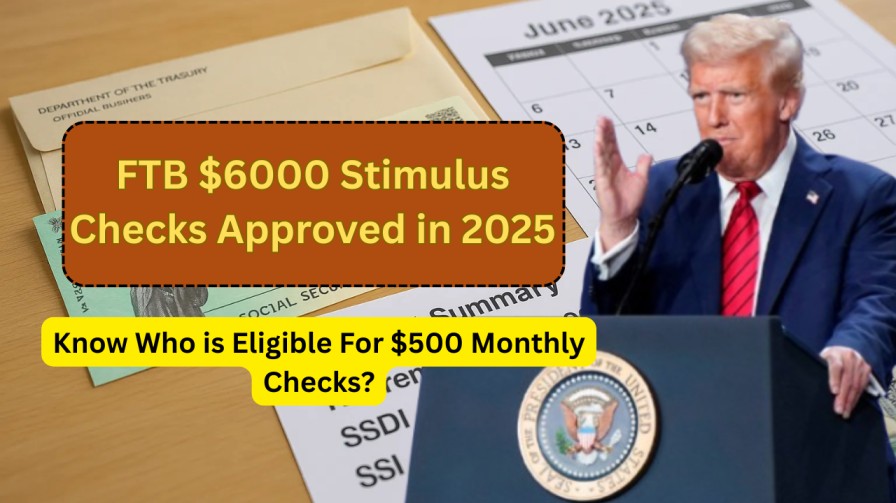In 2025, the UK government is introducing a £2,300 pension bonus to offer some much-needed financial support to early claimants and pensioners with specific medical or financial needs. With living costs soaring, this one-off payment could come as a welcome relief for many. But, not everyone will be eligible. So, what’s changing, who can claim, when will it be paid, and how can you make sure you’re prepared?
What’s the Deal with the £2,300 Pension Bonus in 2025?
The bonus is part of a broader pension update and comes alongside the triple lock pension increase. If you’re not familiar with it, the triple lock ensures that the State Pension increases by the highest of three things: inflation, earnings, or 2.5%. In 2025, the increase will be 4.1%, which means the full New State Pension will rise from £221.20 to £230.30 per week, or £12,016.75 annually.
But that’s not all. The £2,300 bonus is a one-off payment designed to help cover rising costs, like healthcare, housing, and energy bills. Good news: it’s not taxable, and it won’t affect your other benefits. However, this payment will only go to those who qualify, and it won’t be available to everyone.
Who’s Eligible for the £2,300 Pension Bonus?
This bonus is aimed at those who are particularly vulnerable or in need—such as early pension claimants and pensioners receiving specific government benefits. Let’s break it down:
Eligibility Criteria Overview
| Criteria | Details |
|---|---|
| Early Pension Claimants | Must have claimed State Pension before age 66. |
| Medical/Living Costs | Includes costs like long-term care or housing. |
| Qualifying Benefits | Includes Pension Credit, Attendance Allowance, and other disability-related benefits. |
| Payment Type | This is an automatic one-off payment. No application needed. |
| Timing | You must be receiving an eligible benefit or pension by early 2025. |
Important to note: If you deferred your pension, you may not be eligible for the bonus.
When and How Will the Bonus Be Paid?
You can expect the £2,300 payment to show up between April and June 2025. It’ll be sent to the same bank account as your regular State Pension or benefits. When you check your statement, look for a payment labeled “DWP BONUS.”
Here’s a quick checklist to make sure you’re ready:
- Keep your bank details up-to-date with the Department for Work and Pensions (DWP).
- Watch out for early payments around Easter (April 17, 2025).
- If you haven’t received the bonus by late June, contact the DWP helpline.
Other Pension Updates for 2025
Aside from the £2,300 bonus, there are other pension updates for 2025 that you should know about:
| Pension Type | Weekly Payment | Annual Payment |
|---|---|---|
| Full New State Pension | £230.30 | £12,016.75 |
| Basic State Pension | £176.45 | ~£9,200 |
| Pension Age Disability Payment (New in Scotland from April 2025) | May affect bonus eligibility in Scotland |
For those on SERPS or S2P schemes, you might see additional earnings-related increases as well.
How Can You Prepare for the £2,300 Bonus?
To ensure you don’t miss out on the £2,300 bonus, here are a few simple steps:
- Check your eligibility—are you an early claimant or receiving any of the qualifying benefits?
- Update your contact details and bank account information with the DWP.
- Keep an eye on your pension payments in spring 2025 to spot the bonus.
- If you’re unsure about anything, don’t hesitate to reach out to Citizens Advice.
The £2,300 pension bonus in 2025 is a crucial support for early pension claimants across the UK. By staying informed and ensuring your details are up to date, you can make sure you don’t miss out when the payment rolls in.
FAQs
Who qualifies for the £2,300 bonus in 2025?
Early claimants of the State Pension and pensioners receiving benefits like Pension Credit or Attendance Allowance.
Will the bonus affect my other benefits or taxes?
No, the £2,300 payment is tax-free and will not affect other DWP or HMRC benefits.
Do I need to apply for this bonus?
No, there’s no need to apply. The bonus will be automatically paid to those who qualify during the early 2025 period.








